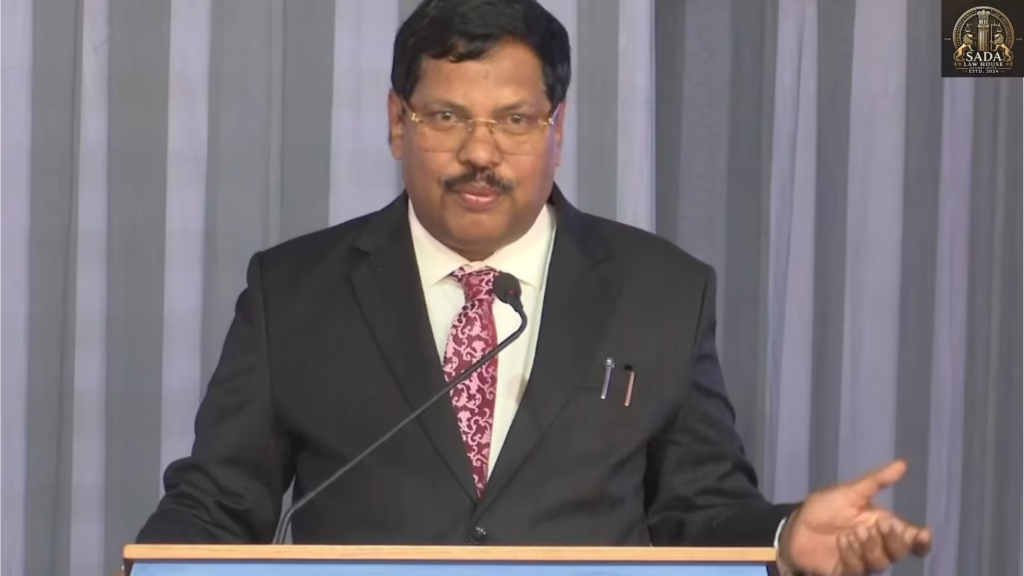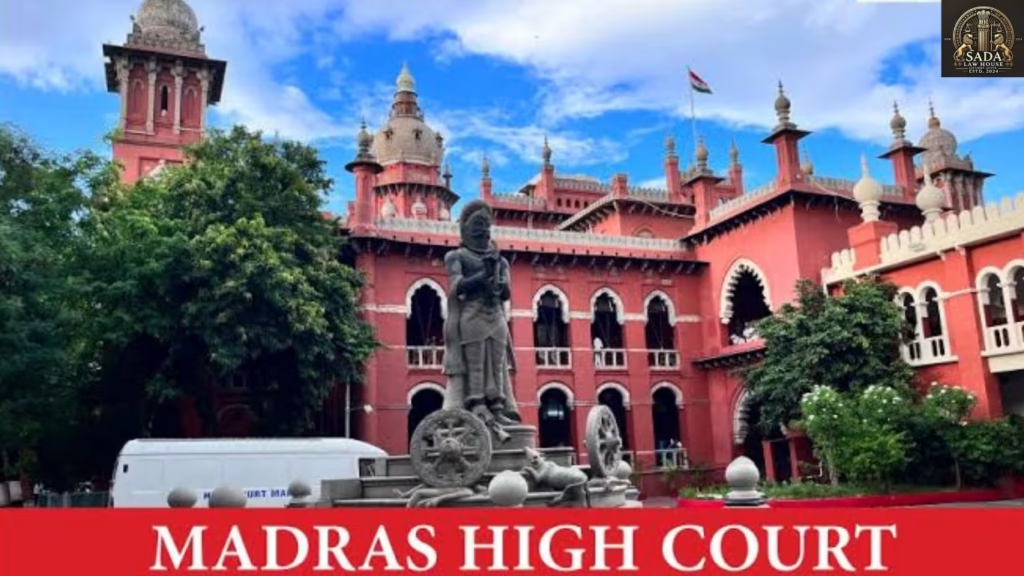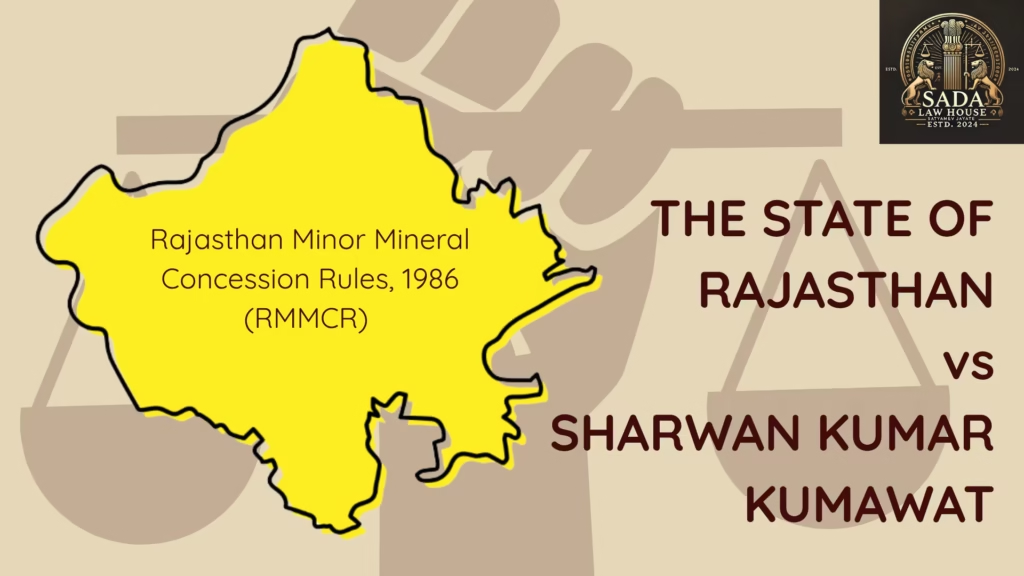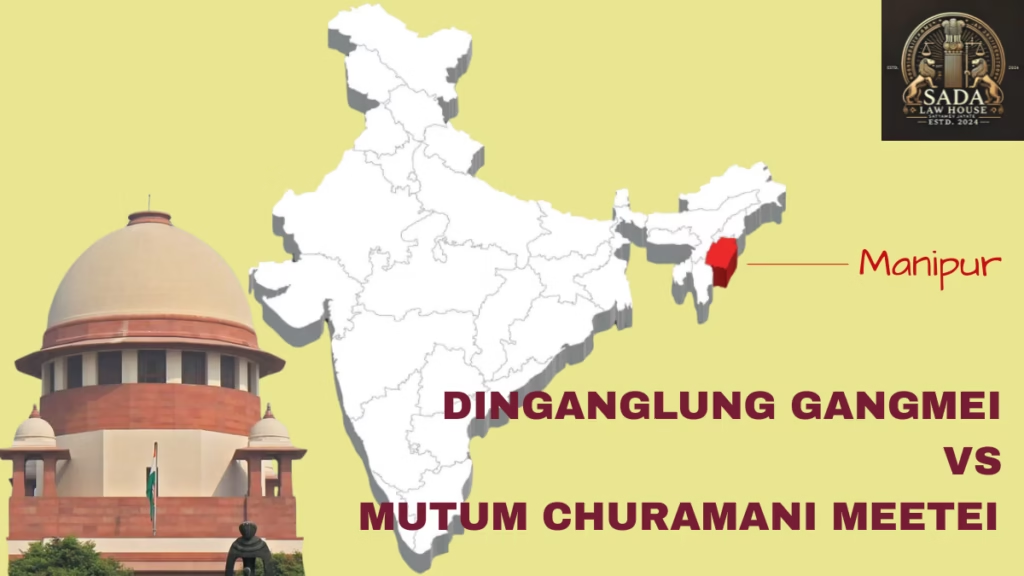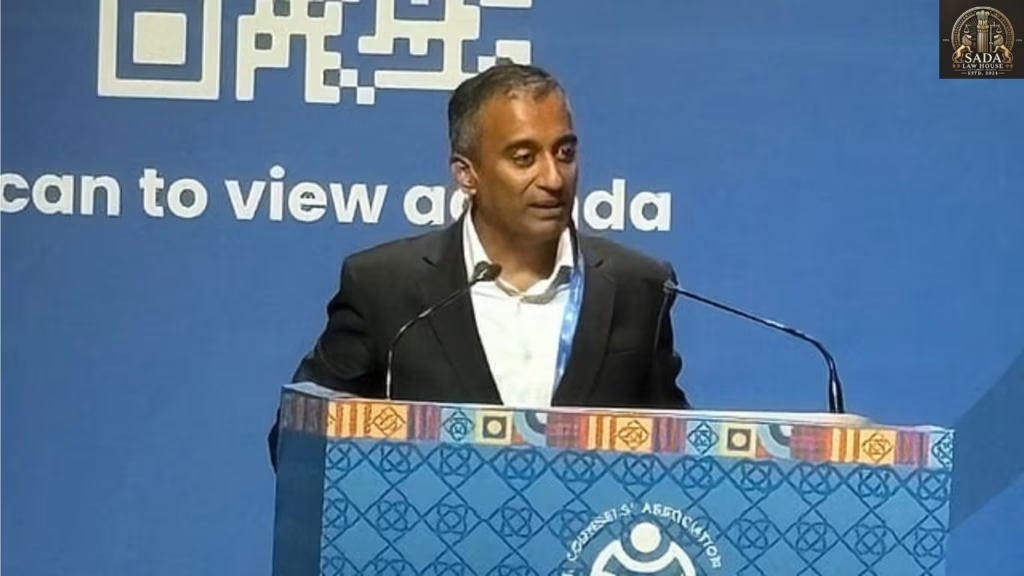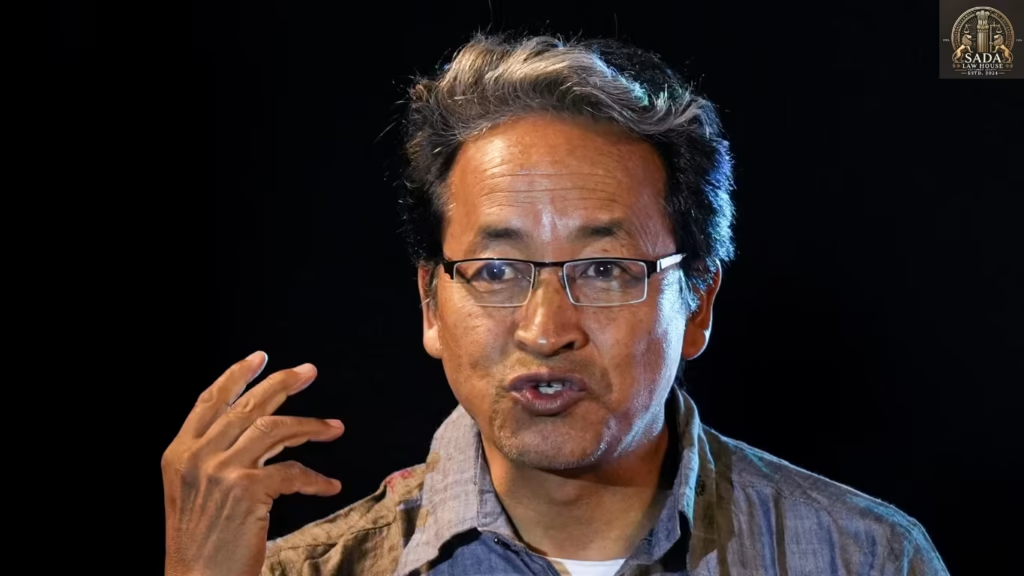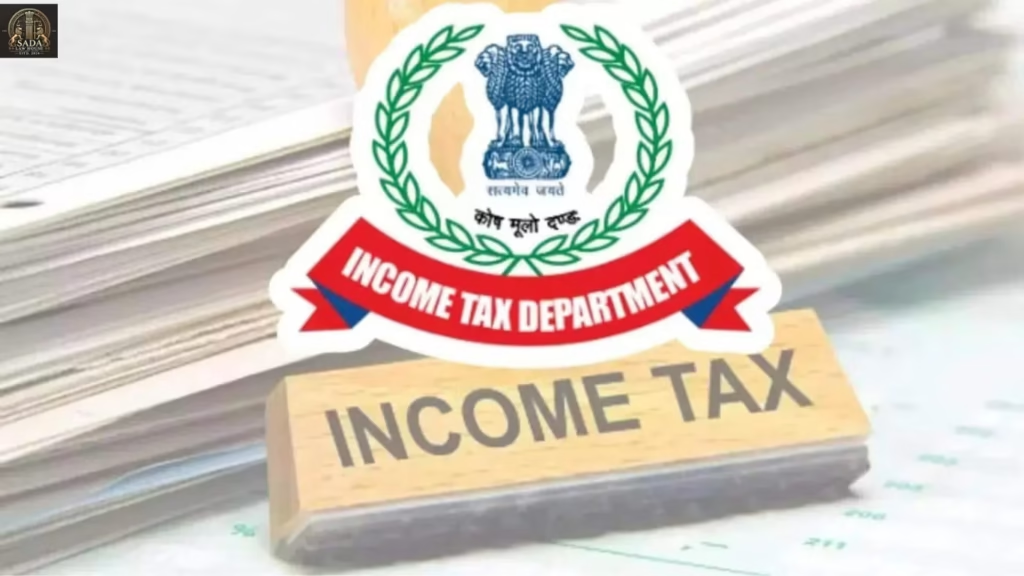Justice BR Gavai Recommends Justice Surya Kant as Next Chief Justice of India
Trending Today Justice BR Gavai Recommends Justice Surya Kant as Next Chief Justice of India Kerala High Court Backs Lulu Mall’s Right to Collect Parking Fees Madras High Court Reinforces Natural Justice in Family Arbitration Mala Etc. Etc. vs. State of Punjab & Others – Enhancement of Compensation under the Land Acquisition Act, 1894 The Supreme Court Upholds Limited Judicial Review under the Arbitration Act of 1940 and Restores the Arbitral Award in a Contractor Dispute Criminal Appeal Challenging a Conviction for Murder under Section 302 of the Indian Penal Code M. SIVADASAN (DEAD) THROUGH LRs. & ORS v. A. SOUDAMINI (DEAD) THROUGH LRs. & ORS. (2023) Satbir Singh v. State of Haryana & Others Niranjan Das @ Niru Das @ Mahanto vs The State of West Bengal Industrial Development Bank of India (IDBI) vs Superintendent of Central Excise and Others Justice BR Gavai Recommends Justice Surya Kant as Next Chief Justice of India Palak Singla 29 October, 2025 Introduction Chief Justice of India Bhushan Ramkrishna Gavai has formally recommended Justice Surya Kant as his successor, following the judicial seniority tradition. Justice Surya Kant, currently the second-senior-most judge of the Supreme Court of India, will assume charge as the 53rd Chief Justice of India on 24 November 2025, succeeding Justice Gavai, who retires on 23 November 2025. Background & Significance This recommendation aligns with the established collegium seniority norm in appointing the Chief Justice of India. Justice Surya Kant is set to serve for approximately 14 months, until his retirement in February 2027. Notably, this marks the first time a jurist from Haryana will hold India’s top judicial office — a historic milestone. Who is Justice Surya Kant? Early Life & Education Justice Surya Kant was born in Hisar, Haryana, and has had an illustrious legal career leading up to the Supreme Court. Judicial Career Former Chief Justice of the Himachal Pradesh High Court Elevated to the Supreme Court of India Known for progressive judicial philosophy and constitutional rulings Landmark Judgments He has played a key role in important constitutional cases, including those related to: Article 370 Sedition law Gender equality and civil liberties Succession Timeline Event Date Justice B.R. Gavai retires 23 November 2025 Justice Surya Kant assumes office as 53rd CJI 24 November 2025 Expected retirement February 2027 Estimated tenure ~14 months Conclusion Justice Surya Kant’s elevation represents continuity in the Supreme Court’s leadership and marks a historic first for Haryana in India’s judicial history. His tenure is expected to focus on constitutional integrity, judicial reforms, and strengthening civil liberties. Leave a Reply Cancel Reply Logged in as Sadalaw. Edit your profile. Log out? Required fields are marked * Message* Δ Case Laws Mala Etc. Etc. vs. State of Punjab & Others – Enhancement of Compensation under the Land Acquisition Act, 1894 Sada Law • October 17, 2025 • Case law • No Comments The Supreme Court Upholds Limited Judicial Review under the Arbitration Act of 1940 and Restores the Arbitral Award in a Contractor Dispute Sada Law • October 17, 2025 • Case law • No Comments Criminal Appeal Challenging a Conviction for Murder under Section 302 of the Indian Penal Code Sada Law • October 17, 2025 • Case law • No Comments 1 2 3 … 5 Next »
Justice BR Gavai Recommends Justice Surya Kant as Next Chief Justice of India Read More »

